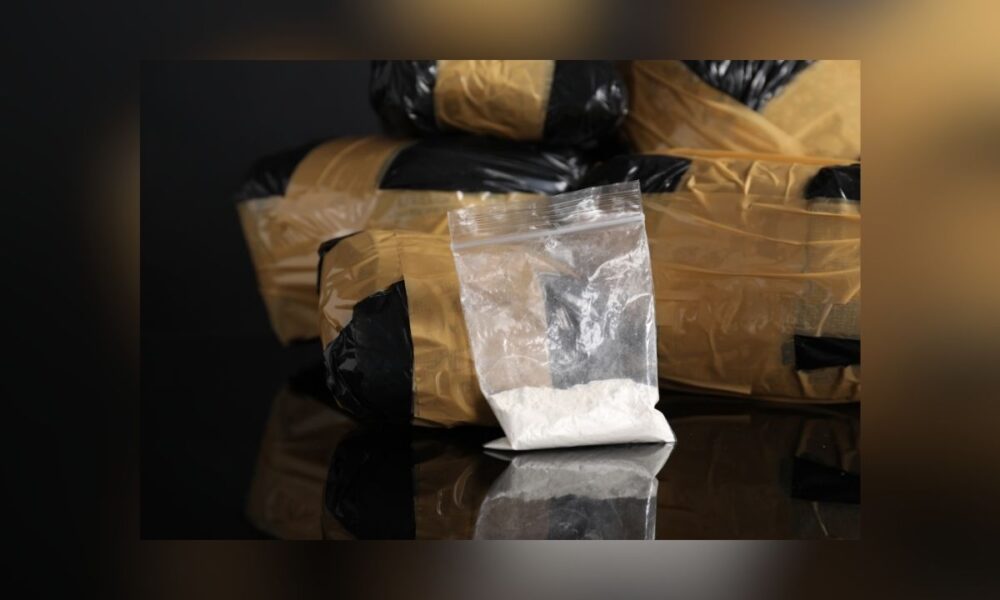President Trump designated 23 countries as major drug producers or transit points threatening American safety, with five nations singled out for failing to combat narcotics trafficking.
The annual designation carries diplomatic and potential economic consequences for countries deemed insufficiently committed to fighting the international drug trade that claims thousands of American lives yearly.
Afghanistan, Bolivia, Burma, Colombia, and Venezuela were identified as having “failed demonstrably to make substantial efforts” in counternarcotics operations. The White House called on these nations to improve their drug enforcement efforts immediately.
The State Department formally announced the Presidential determination, known as the “Major’s List,” which identifies countries that manufacture and traffic illicit drugs and precursor chemicals. Congress received the official notification on September 15.
The 23 countries on the list are: Afghanistan, The Bahamas, Belize, Bolivia, Burma, the People’s Republic of China (PRC), Colombia, Costa Rica, the Dominican Republic, Ecuador, El Salvador, Guatemala, Haiti, Honduras, India, Jamaica, Laos, Mexico, Nicaragua, Pakistan, Panama, Peru, and Venezuela.
The White House Office of Drug Control Policy pledged to “use every tool in our arsenal” to hold designated countries accountable. Officials emphasized preventing illicit drugs from entering the United States and harming American citizens.
The designation process evaluates nations’ cooperation in drug interdiction, eradication programs, and law enforcement efforts. Countries on the list may face reduced foreign aid and trade restrictions.
Trump administration officials have made combating international drug trafficking a central policy priority and have repeatedly highlighted the fentanyl crisis devastating American communities.
The State Department released additional details about each country’s designation status and specific areas requiring improvement.


